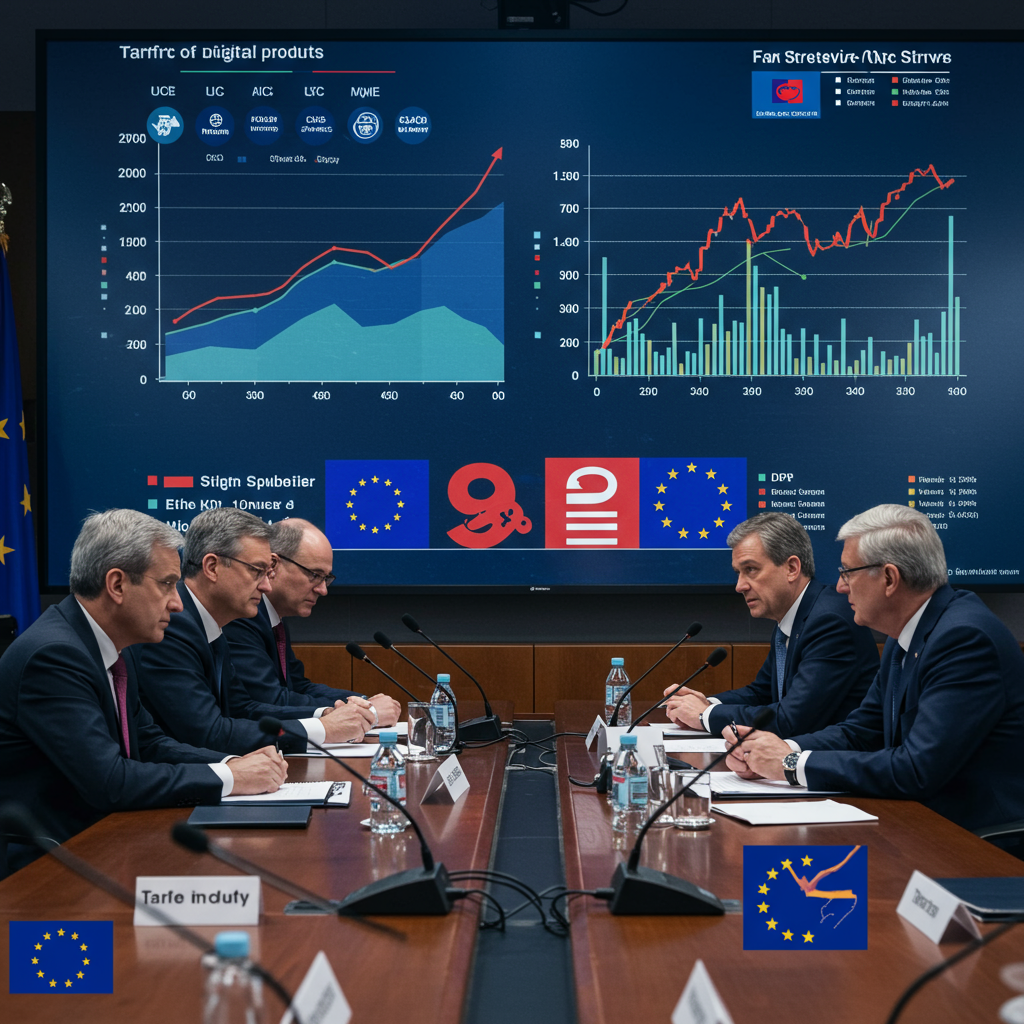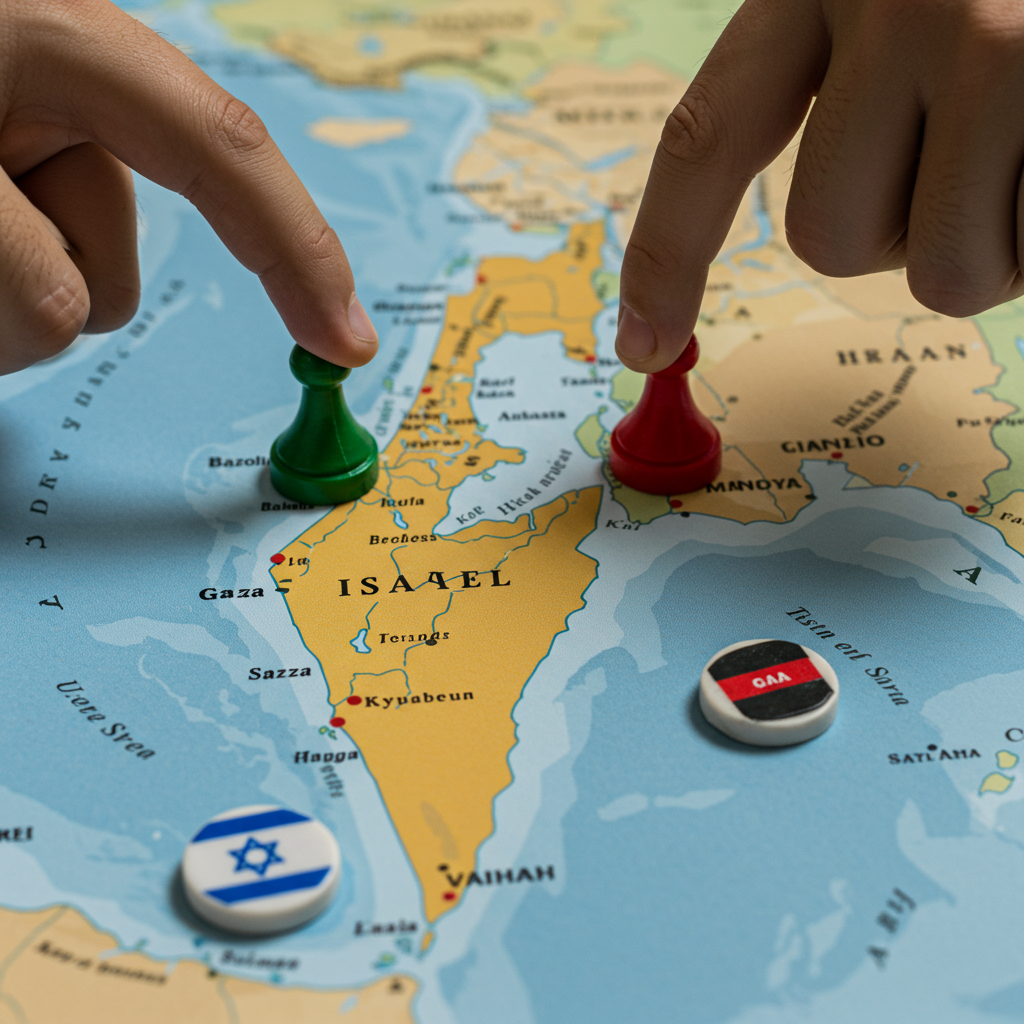When tensions flared between Iran and Israel following recent attacks, the world watched closely for responses from major global players. China, a longtime partner of Iran, quickly offered commentary, yet its reaction highlighted a strategic pivot: cautious diplomacy over direct intervention. Beijing condemned the initial attacks and its leadership, including President Xi Jinping, engaged diplomatically, urging de-escalation and a ceasefire. However, China conspicuously stopped short of offering any material support to Iran, leaning instead on familiar calls for dialogue.
This measured approach underscores the practical limits of China’s influence and risk tolerance in the volatile Middle East. Despite its burgeoning global ambitions and near-peer status relative to the United States, Beijing appears reluctant to wade deeply into military conflicts in a region where its primary footprint is economic.
Why Beijing Holds Back
Experts note that China lacks both the established diplomatic leverage and the appetite for significant risk required to navigate such a fast-moving and complex situation effectively. The tangled politics of the Middle East, while hosting substantial Chinese economic and energy investments, see minimal Chinese military presence. This disparity means Beijing isn’t inclined to “stick its neck out.”
Maintaining stability in the Middle East is crucial for China’s economic interests. Disruptions challenge China’s business ventures and energy security. This was evident when China publicly opposed the idea floated by some Iranian parliamentarians to close the strategically vital Strait of Hormuz, emphasizing the need to prevent regional turmoil from impacting global economic development.
A key factor in China’s calculus is its heavy reliance on Iranian oil. Reports indicate that roughly 80% to 90% of Iran’s oil exports flow to China, providing around 1.2 million barrels daily – a critical supply for China’s industrial output. Ensuring the uninterrupted flow of this energy is a significant driver behind Beijing’s desire for de-escalation and stability.
Diplomacy Over Military Might
Beijing’s response has been characterized as focusing on “steady oil buys and ritual calls for ‘dialogue’,” according to some analysts. They argue this pragmatic approach involves issuing statements calibrated to appease Tehran without antagonizing regional rivals like Saudi Arabia or inviting US sanctions. This dynamic exposes the gap between China’s rhetoric of great-power partnership and its actual reach and willingness to deploy hard power in security crises. China’s interest appears to be in securing discounted Iranian oil and cultivating a “peace-broker” image, while largely leaving the heavy lifting and military risks to others, particularly the United States.
China has a track record of diplomatic engagement in the region, notably brokering the rapprochement between Iran and Saudi Arabia in 2023. Following the recent attacks, Chinese Foreign Minister Wang Yi engaged in calls with his Iranian counterpart, explicitly condemning violations of Iran’s sovereignty and offering a constructive role in de-escalation. He also spoke with key regional mediators in Oman and Egypt. President Xi Jinping discussed the situation with Russian President Vladimir Putin, agreeing to stay in close contact on de-escalation efforts.
Interestingly, Russia, another key partner for Iran and a country with growing ties to Beijing, also exhibited a muted response to the conflict. While verbally condemning the Israeli/US actions, Russia, like China, refrained from providing evident military support. This stance has reportedly caused disappointment in Tehran. Both global powers, despite their strategic alignment and individual ties to Iran, appeared to prioritize avoiding deeper entanglement in this specific conflict. Russia’s own calculations are influenced by its war in Ukraine, its need for military resources, its complex relationship with Israel, and its considerations regarding potential US reactions.
Complex Interests and Limited Reach
While Iran holds importance for China – serving as a link in the Belt and Road Initiative, joining the Shanghai Cooperation Organization (SCO), and participating in joint military exercises – this relationship is balanced against a “complex matrix of interests.” China’s support for partners, particularly those confronting the US, is constrained by a desire to protect its extensive economic relationships across the region and avoid escalating tensions with Western nations.
Ultimately, China’s careful handling of the Iran-Israel conflict highlights its strategic priorities: safeguarding economic interests, ensuring energy security, and promoting a narrative of responsible global leadership focused on peace and stability, all while recognizing the practical limitations of its military and diplomatic influence in a highly volatile Middle East.



